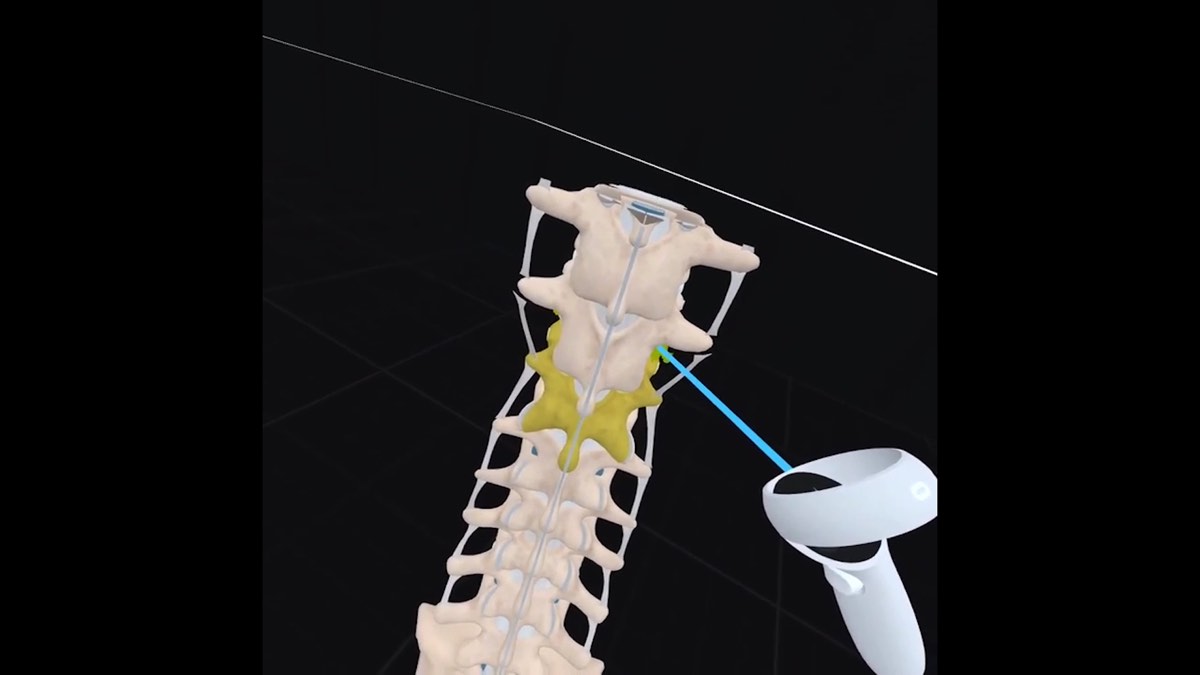Interferon plus sunitinib or bevacizumab improves metastatic renal cell cancer response
Reuters Health • The Doctor's Channel Daily Newscast
Dr. J. S. Thompson-Coon from Peninsula Medical School, Exeter, UK and colleagues derived the data for the review from three randomized clinical trials of sunitinib or bevacizumab in combination with IFN-alpha for treating advanced metastatic renal cell carcinoma “in accordance with the European licensed indication,” the team explains.
In the three trials, compared with IFN-alpha alone, median progression-free survival was significantly prolonged with the addition of sunitinib or bevacizumab, from approximately 5 months to between 8 and 11 months.
Overall survival was also prolonged with combination therapy, compared with IFN-alpha alone, “although the data are not fully mature,” the investigators note.
Patients for whom either sunitinib or bevacizumab is considered an option, an indirect comparison of available evidence suggests that sunitinib is superior to bevacizumab when added to IFN-alpha in terms of progression-free survival (hazard ratio, 0.796), the researchers found.
Sunitinib is not associated with a greater frequency of adverse events than IFN-alpha alone, Dr. Thompson-Coon and colleagues report, “although the adverse event profile is different and there is some emerging concern about risk of cardiovascular events.”
There is also evidence, they note, that there may be a higher degree of toxicity associated with the combination of bevacizumab and IFN-alpha compared with IFN-alpha alone.
Reference:
Brit J Cancer 2009;101:238-243.




